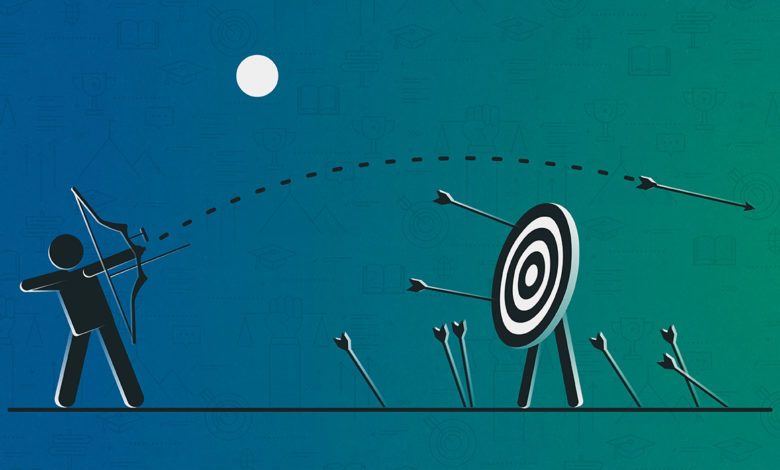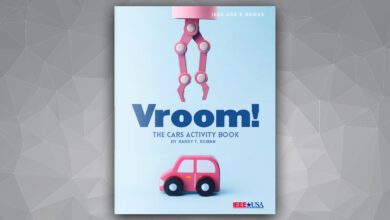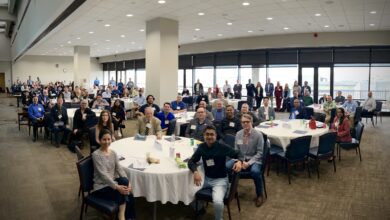
Sometimes change is forced upon us, like when an idea we’ve proposed gets declined, or we’re faced with layoffs. We may not have control over those situations, but we can determine how we handle those moments when we are the ones who decide whether to hit the stop button. In a recent Career: Reset interview, engineer and YouTuber Ian Charnas walked us through what we need to know as we consider a reset, and what we might want to do in its wake.
Prepare for failure
Usually when we hear the phrase “prepare for failure,” people are talking about troubleshooting. It’s the idea that we should take time in advance to think of what could go wrong, and then figure out how we will work around it. However, Ian talked about another approach to this situation. He said, “Fail as soon as you can, so you can get over the project and move on to the next project.” Let’s clarify; this mentality is not being convinced that every project will fail. Instead, it implies that we face each challenge realizing that if we do determine that the project was a bad investment, it is much better to accept that fact early. Otherwise, we risk investing more time and resources as the project slowly, and much more painfully, fails.
Assessing how to proceed
Even with a flexible mindset, we still require a means for assessing the potential of a project. To this end, Ian references a helpful litmus test, provided by Zack Freedman, where you ask yourself: “If this project were offered to me today, as is, would I take it on?” If the money, time, and energy invested were someone else’s resources, so you no longer have that emotional investment, would accepting the project and moving forward be a good investment — or would you pass?
Don’t waste the data
Let’s say you go through the litmus test, and conclude that it is best to drop the project. There is still data that should be maintained from this project. Ian recommends that throughout the project we should be keeping notes on the various attempts and lessons learned. Retiring the project does not negate the value of these notes. The opportunity might present itself to revisit this endeavor, and the human mind is a faulty thing down the road. Without proper documentation, we run the risk of repeating old mistakes. Or even if we do not revisit this same project, there is the possibility that future projects could benefit from the data that was gained during this project. Unfortunately, all of that knowledge and data are at risk of being wasted if we do not track and maintain the information properly.
Normalize resets
Finally, if it takes boldness to declare that a project is a dud, then it takes at least as much guts to share those results with others. However, Ian says that this is one of the benefits of having our own resets — they prepare us to reach out and normalize someone else’s experience. A reset allows us to say that this thing happening to you has happened to me and happens to everyone, and you are not alone. Ian takes this a step further by including some reset moments in his videos. He doesn’t want people to see the finished product and think, I could never do something like that. He hopes that by showing even a small sample of the mistakes he made along the way, others will have the confidence to make new attempts of their own that fail and succeed.
In the end, each one of these steps requires that we reconsider our relationship with failure. We have to be ready to accept it graciously, rather than digging in our feet and being confident that our “can do” attitude will somehow make a faltering project work. We need to set emotions aside and give an unbiased assessment of the project’s trajectory. Doing so acknowledges that even failure can have merit, for us and others, if appropriately considered. It is not always easy to change our perspective, but hopefully Ian’s example will help each of us have a healthier relationship with failure moving forward.
Jacquelyn Adams is a storyteller and an award-winning CEO. She lives in a world of constant exploration, whether it’s summiting Mount Kilimanjaro, vlogging about the future of work… or discovering how she’d do in a chocolate eating contest (answer: last place). Find more of her Lessons on Leadership articles here or connect with her on LinkedIn here.






